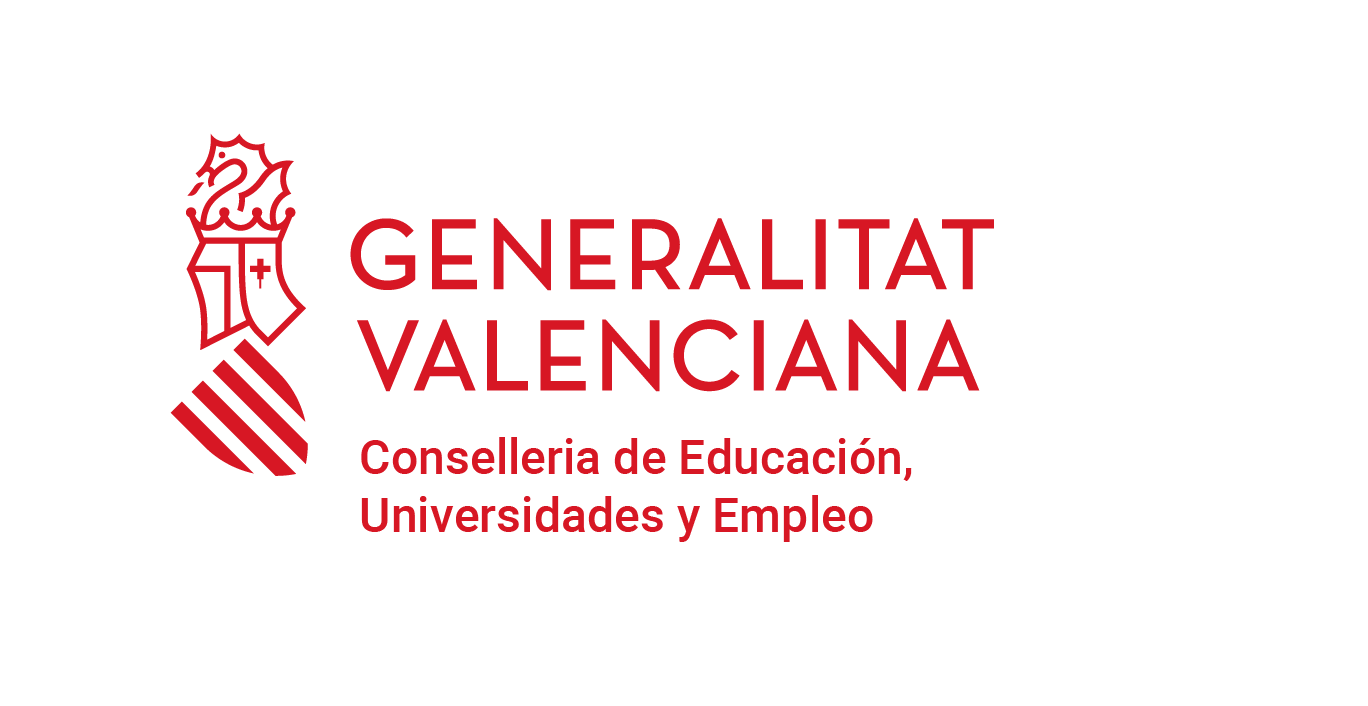This morning Jesús Lancis, the Vice-Rector of Research and Transfer of the UJI and Carmen Vilanova, the technical director of the Castellón City Council Office of Planning and Economic Projection, welcomed several European delegations working on the European UNaLab project.
Seeking Nature-Based Solutions (NBS) to improve climate change problems in cities is the theme of the UNaLab consortium’s follow-up meeting to be held this week at Espaitec.
This meeting is held to present the achievements made by projects and the measures taken by the so-called “frontrunner cities”, namely the cities of Eindhoven, Tampere and Genoa. They have taken pilot measures to test their efficiency and to verify reliable and quantifiable outcomes to, thus, contribute to smarter, more inclusive and sustainable cities being developed.
The city of Castellón is directly involved as a “follower city” and a collaborating city in this project, and will replicate these previously tested models in forthcoming years. In this way, the Castellón City Council intends to cushion the effect of climate change and offers its inhabitants better quality of life by also helping to create a more sustainable planet. Indeed as part of the UNaLab project, Castellón has designed a strategy for the future that intends to act at four basic points: industry, agriculture, water treatment and reuse and, finally, sustainable mobility.
The other “follower cities” that will also implement these measures in the near future are Stavanger, Prague, Cannes, Başakşehir, Hong Kong and Buenos Aires.
ABOUT UNALAB
This project aims to seek innovative solutions from citizens and stakeholders by co-creation methods like the Urban Living Lab (ULL), and by demonstrating the different NBS to improve the climate and water quality of cities in experimental, demonstration and evaluation areas.
This project seeks to create a standard framework to deal with benefits, effectiveness and economic feasibility, and to be a project that can be simply replicated in other cities based on the solutions it contributes. An inquiry manual and various inquiry materials will be created for anyone interested in this project and its possible developments.




